What is cancel culture? And which children's book authors have been 'cancelled'?
Both classic and modern authors have been cancelled

Ellie Hutchings
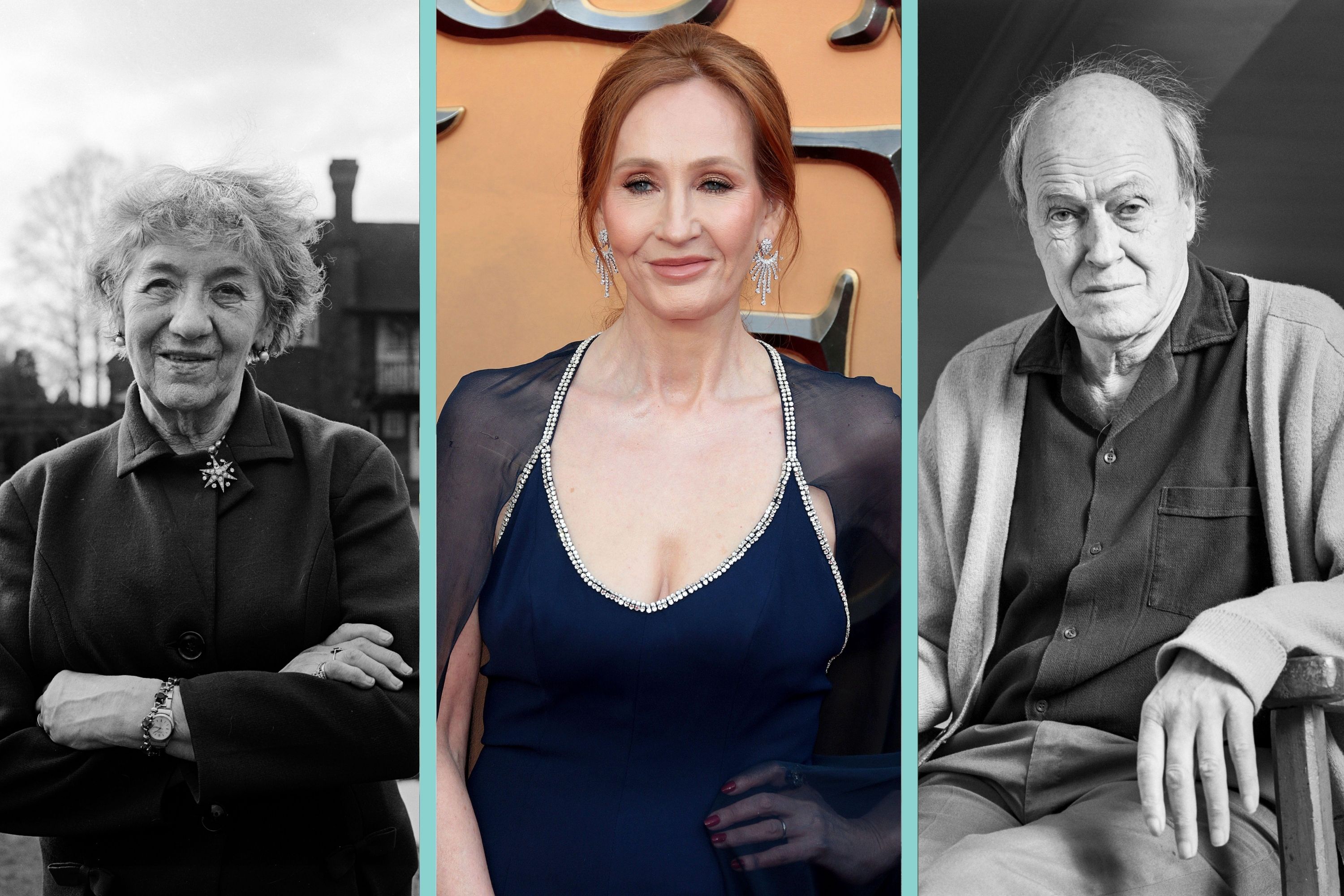
Parenting advice, hot topics, best buys and family finance tips delivered straight to your inbox.
You are now subscribed
Your newsletter sign-up was successful
Getting 'cancelled' has now become a fear for a lot of people in the public eye. Many authors are facing the effects of cancel culture, but what is it?
From the use of damaging and outdated language to using their platform to express troubling personal views, children's authors have been faced with the reality of cancel culture. Stemming from 'cancel' meaning ‘annul or revoke’ as stated by Oxford Dictionary, to 'cancel somebody' means "to exclude somebody from social or professional life by refusing to communicate with them online or in real life, because they have said or done something that you do not agree with."
Cancel culture is a modern term, coming with the emergence of social media. These platforms offer large bodies of people the chance to quickly digest emerging news about people, and decide how they feel about their behaviour. In the case of children's authors, Enid Blyton had questions raised about terms used in her books that dated back to the 60s. Modern culture allowed unprecedented levels of discussion about her work, and the ability for it to be 'cancelled.' Several other high-profile children's authors have been subject to the same fate.
What is cancel culture?
In simple terms, cancel culture is the idea of taking away support for an individual, their career, popularity and/or fame because of something they’ve said or done that’s considered unacceptable.
Children's book authors are public figures with influence over a huge audience, exposing them to the possibility of being 'cancelled'. This could happen when terms, references, and storylines in their books are deemed offensive or no longer in line with acceptable standards set by society - where what they’ve written is thought to cause harm to a particular person, group of people or community. The backlash generally surrounds racist, homophobic, and xenophobic language, and the use of gender and role stereotypes that have no place in modern society.
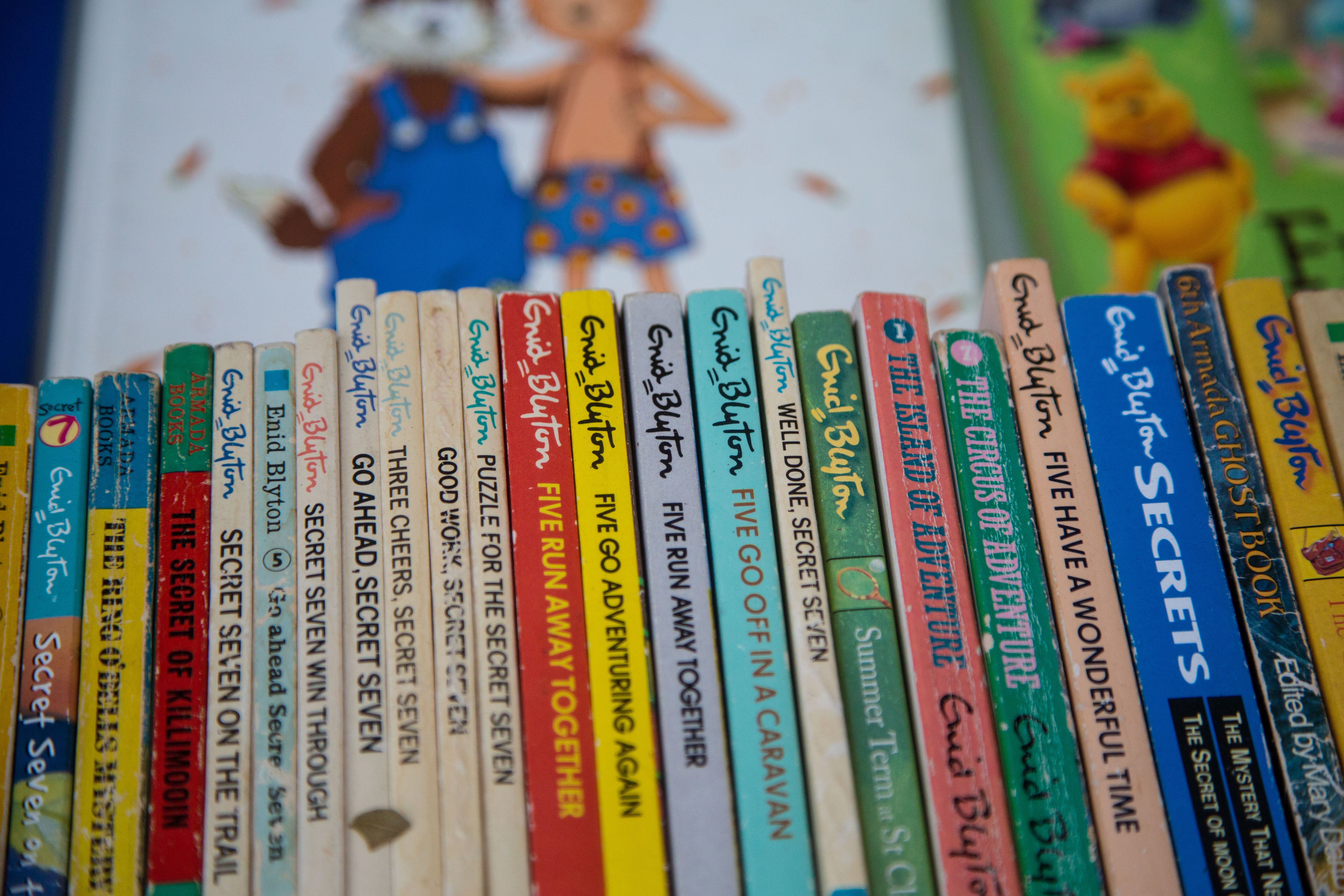
In the case of JK Rowling, comments she mad that some perceived to be transphobic resulted in her being 'cancelled,' and highlighted some problematic themes running through the Harry Potter book series.
Some see participating in cancel culture as the most effective way to hold public figures to account, especially if they're still alive and no other lawful way appears to be working. By bringing the grievance public, it forces the accused or those responsible for their estate to confront the situation. In other words, it re-balances the power gap between those with huge audiences and the people or communities who could be negatively affected.
Parenting advice, hot topics, best buys and family finance tips delivered straight to your inbox.
However, others believe cancel culture is more of a 'mob mentality' that’s gone out of control.
But the idea of cancel culture or 'cancelling' someone hasn’t been around forever. It first appeared in a breakup song written by Nile Rogers in 1981 called Your Love is Cancelled, before being used in the dialogue of 1991 film New Jack City. Following this and throughout the 90s and early 2000s, artists continued to use the phrase in music and YouTube videos.
It became more mainstream when a comment was made about 'cancelling' someone in a 2014 episode of popular reality show Love and Hip Hop. Since then, cancel culture and 'cancelling' have made their way into mainstream vocabulary.
But while the idea has been around for some years now, the new use of the verb ‘to cancel’ only entered the official Merriam-Webster dictionary in 2022. A lot of children's book authors came under fire when the phrase took off, mostly for the use of offensive and dated language and ideologies.
What does it mean to be 'cancelled'?
Generally, to be 'cancelled' is effectively to be boycotted. This is with the intent that the person will be ostracised and no longer benefit financially, personally or professionally from their elevated position.
However, for authors, it has often meant that their stories are revised. In some countries, books by certain authors have been banned altogether. Alice's Adventures in Wonderland by Lewis Carroll was banned in China in back in 1931. The governor of Hunan province ruled that animals should never be depicted using human language and should never be put on the same level as humans.
And Tango Makes Three by Peter Parnell and Justin Richardson often makes it to lists of banned books. The children's story is based on the true story of gay penguins in a New York zoo. Religious groups, libraries and individuals have banned it for censorship reasons varying from it being "anti-ethnic" and "anti-family" to arguments surrounding its suitability for children.
However, banning books in this way is controversial and varies based on a country's history and values. Those book wouldn't be banned in the UK, a country that would view them objectively as stories with positive messages to instil. The UK raises issues about an authors based on legally inappropriate use of language, and messages that shouldn't be passed on to children or that they should be challenging.
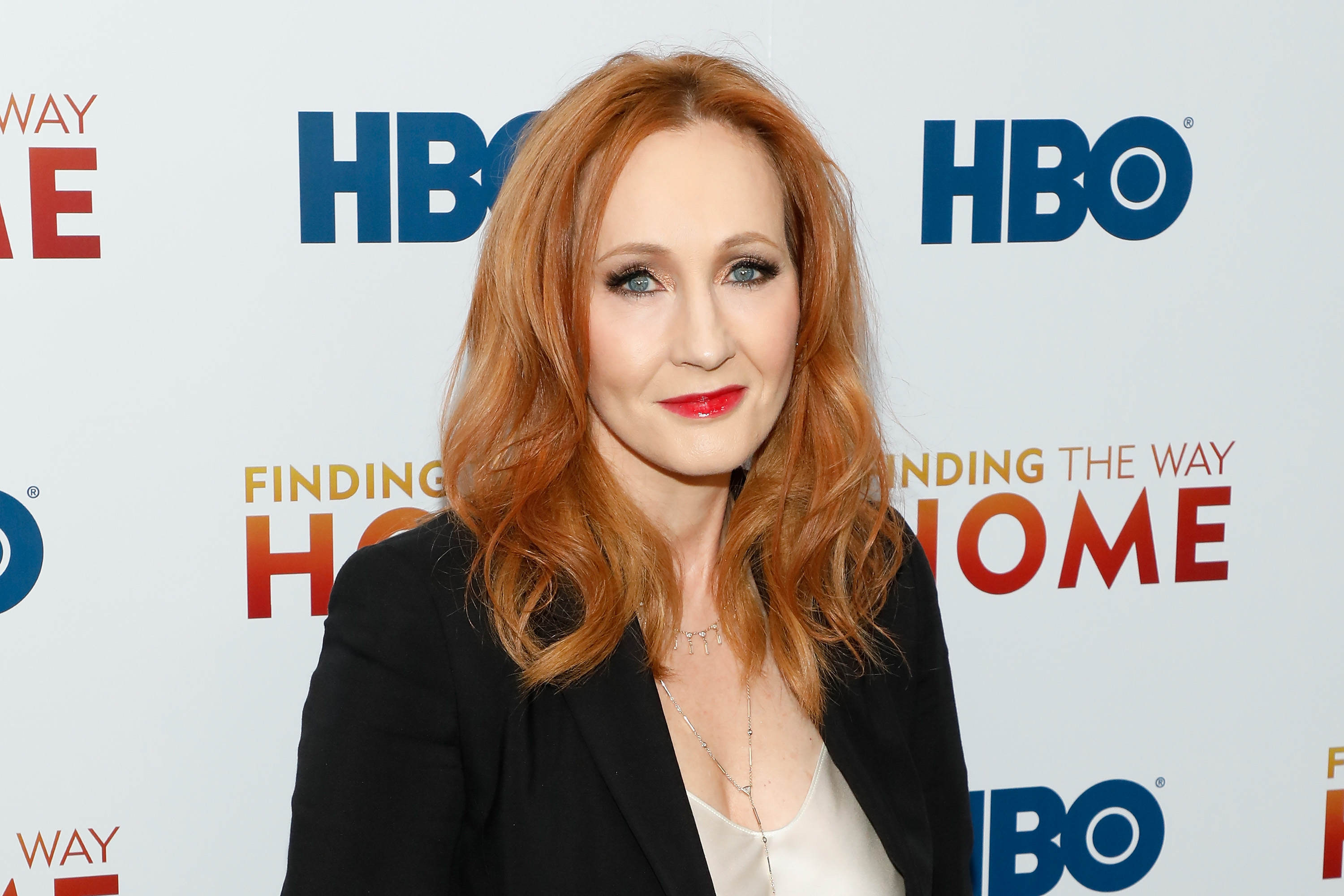
However as an uncompromising form of public backlash, cancelling doesn't always work this way - or have social justice as its primary motivator.
“Some have mixed emotions about cancel culture and the way that people on social media hold those in the public eye,” explains leading psychiatrist Dr Tiago Reis Marques. “It can be seen as helpful particularly around large social issues but also damaging to someone’s career and reputation."
Dr Marques, who is also the chief executive officer of Pasithea Therapeutics, says that for the "cancelled" person, the mental impact can be huge. “It can essentially feel like they are being attacked by the whole world. This is particularly harmful to a person’s psychological state as we have seen in previous cases and often leads to chronic depression and anxiety."
"As cancel culture often leads to an individual being ostracised for something they have done or said, it can cause the person in question to feel rejected," our expert added.
"Rejection can have a negative impact on self-esteem and self-worthiness which are known risk factors for depression and anxiety, potentially leading to a worsening of the patient mental health. Cancel culture is public shaming and social media has given rise to a particularly virulent form of mob justice that is negatively impacting our mental health," they concluded.
Which children's book authors have been 'cancelled'?
1. Rudyard Kipling
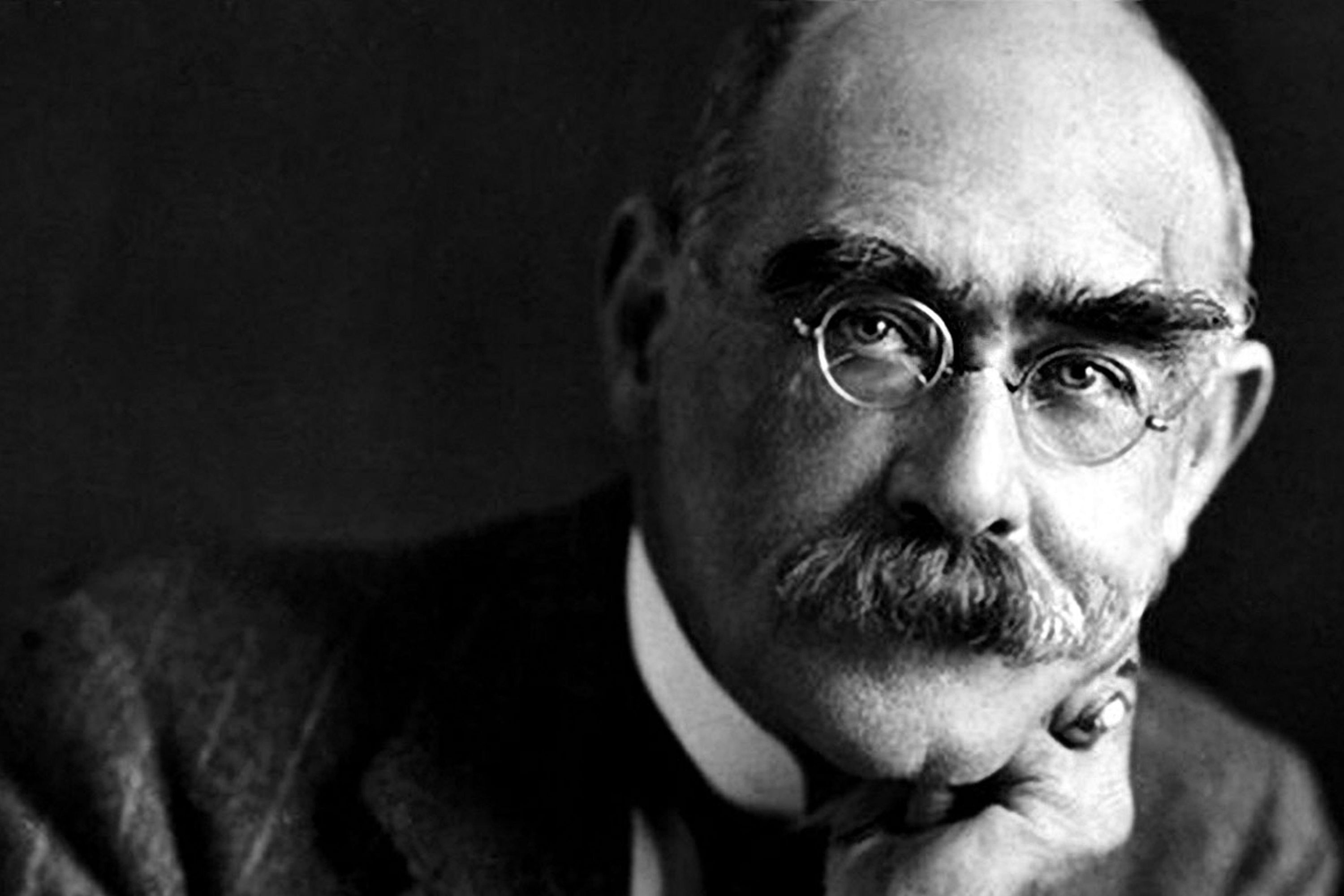
Rudyard Kipling was most famous for penning The Jungle Book and The Second Jungle Book, and many short stories, including The Man Who Would Be King. His well-known poems include Mandalay and The White Man's Burden.
Even while he was alive, criticism of his work was strong. The White Man's Burden was thought to cement his place as a firm advocate of British imperialism. He felt compelled to undertake a mission of civilising others during his life, with the job of the English being to civilise those in countries he felt were uncouth.
According to the Guardian, English Heritage have acknowledged Kipling's political views contain "Racist and imperialist sentiments". Referring in particular to White Man's Burden, they added "Its offensive description of 'new-caught, sullen peoples, half devil and half child" sought to "portray imperialism as a mission of civilisation".
Historic UK reports that while the world and views changed around him, Kipling didn't respond well to falling out of favour and spent the rest of his life in isolation until his death in 1936 aged 70.
2. JK Rowling
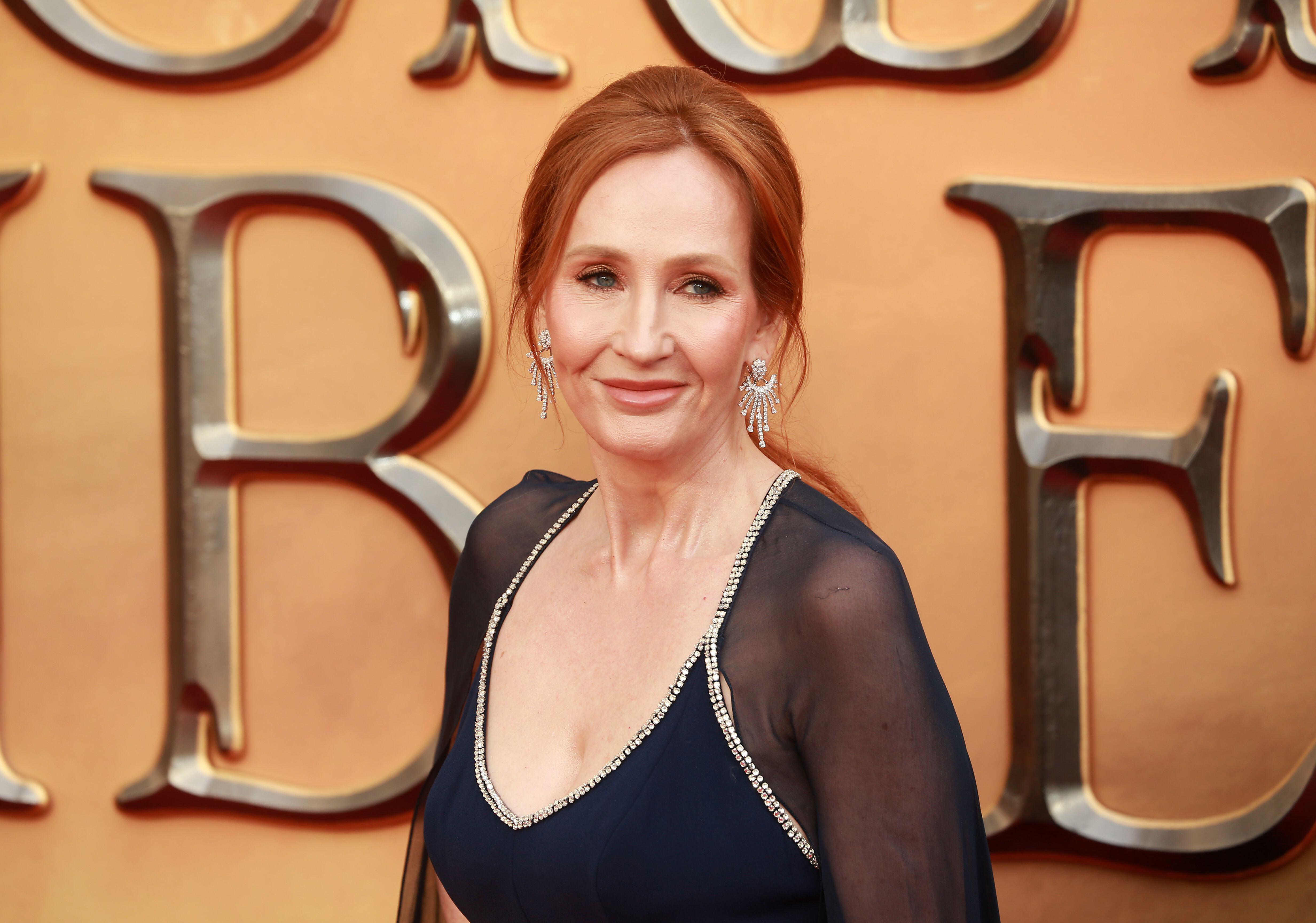
J.K Rowling, author of the Harry Potter series, is another famous 'cancellation' from the last couple of years. The multi-millionaire took to Twitter in support of Maya Forstater, a researcher who was fired from her job after she tweeted that people cannot change their biological sex in a comment that has been labelled by some as transphobic.
Rowling tweeted in response, "Dress however you please. Call yourself whatever you like. Sleep with any consenting adult who'll have you. Live your best life in peace and security. But force women out of their jobs for stating that sex is real?" adding the hashtag #IStandWithMaya.
While the author has been praised for some of her previous efforts to defend LGBTQ+ people, she has since been labelled a 'TERF' (trans-exclusionary radical feminist) by her critics. In 2017, Rowling liked a tweet that promoted an article seen to be transphobic. She liked another tweet that referred to trans women as "men in dresses" earlier that same year, although her spokesperson said it was an accident.
In August 2020, Rowling returned the Ripple of Hope Award bestowed upon her in 2020 by the Robert F. Kennedy Human Rights organisation (RFKHR), after its president criticised the author's views on transgender issues. Rowling has since spoken out about the death threats she's received. She's recently admitted to being frightened for the safety of herself and her family, acknowledging that time will tell whether she did the right thing by making her views public.
3. Enid Blyton
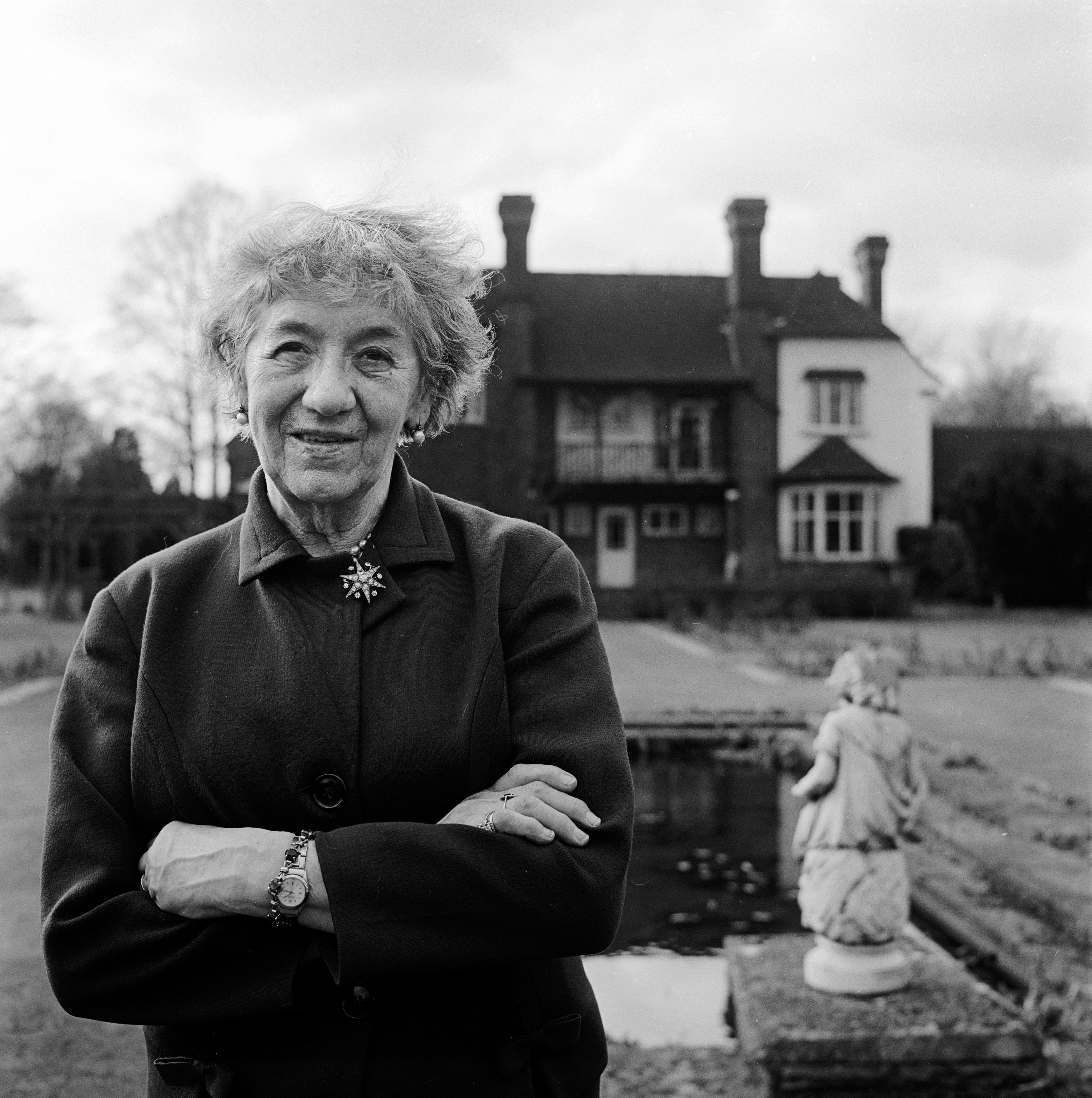
The so-called 'cancellation' of Enid Blyton came amid plans by British Heritage to review almost 1000 blue plaques following the Black Lives Matter protests across the world in 2020. The plaques adorn buildings around the UK that have been significant in the lives of prominent figures in history.
In April 2021, British Heritage announced that they would be updating the website reference that links to the plaque outside the home where Blyton lived from 1920 to 1924. "Blyton’s work has been criticised during her lifetime and after for its racism, xenophobia and lack of literary merit," the website read, according The Washington Post and The Telegraph.
The Royal Mint had already been forced to put plans to honour the author with a commemorative coin on hold in 2019, following backlash that referred to the author as a "racist, sexist, homophobe and not a very well-regarded writer".
But allegations of problematic language from Blyton have been around since before she died. Publisher Macmillan refused to publish Enid Blyton's story The Mystery That Never Was in 1960, citing a "faint but unattractive touch of old-fashioned xenophobia."
However, Enid Blyton is still claimed as one of the most beloved children's authors to have lived and she is the fourth most-translated author in the world - coming in close behind William Shakespeare, Agatha Christie and Jules Verne. Adaptations of her work continue to make it to TV and theatre, with The Famous Five hitting the 2023 Christmas TV schedule, having been modified to reflect modern society.
4. Roald Dahl
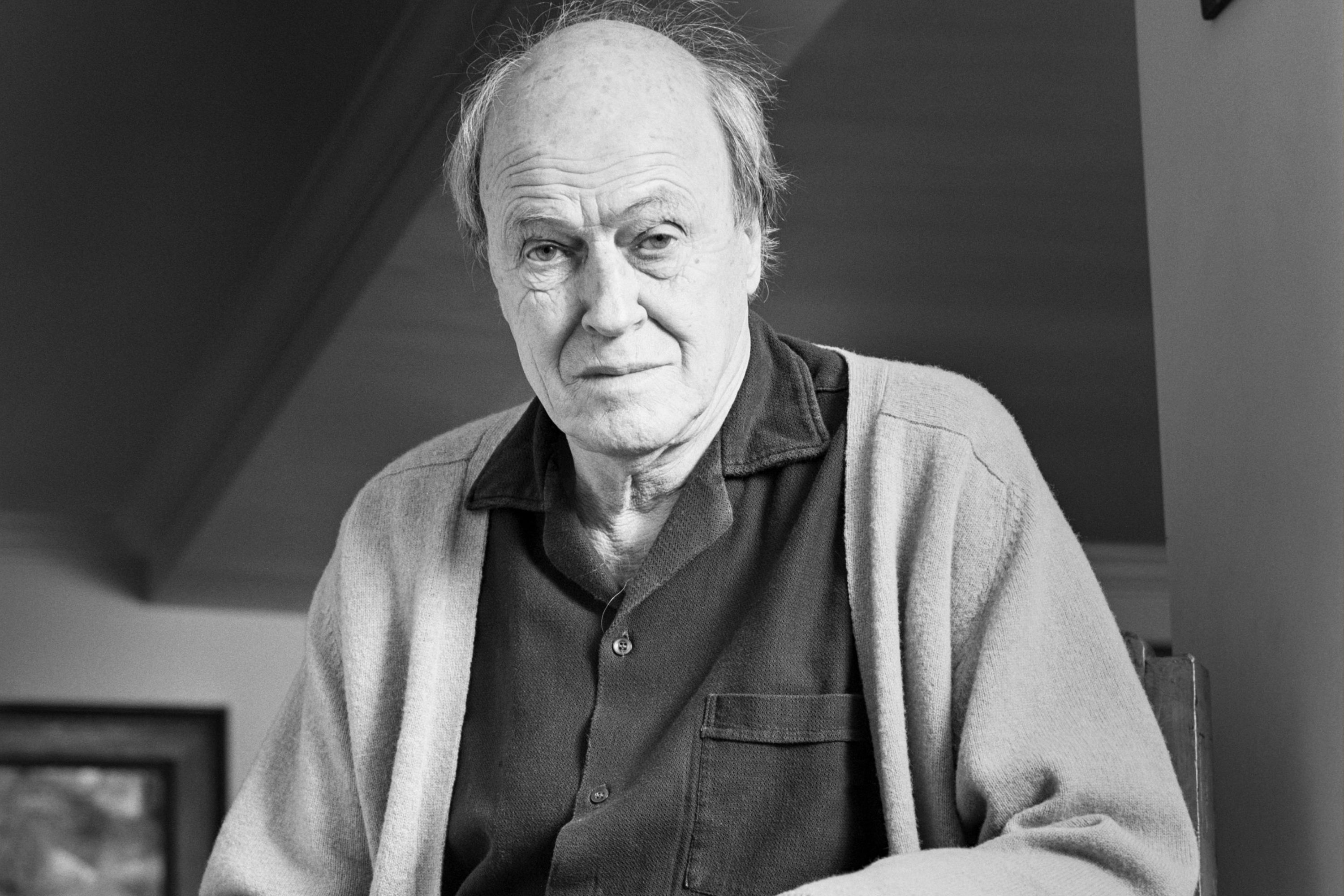
As reported by the Guardian, Dahl made his antisemitic views very public in a New Statesman interview in 1983. He said "There is a trait in the Jewish character that does provoke animosity, maybe it’s a kind of lack of generosity towards non-Jews. I mean, there’s always a reason why anti-anything crops up anywhere. Even a stinker like Hitler didn’t just pick on them for no reason."
In the same way as Enid Blyton, plans by the Royal Mint for a Roald Dahl commemorative coin were also dropped in 2014 due to his hateful opinions.
It took Dahl's family 37 years to respond to his antisemitism. In 2020, they issued a statement saying "The Dahl family and the Roald Dahl Story Company deeply apologise for the lasting and understandable hurt caused by some of Roald Dahl’s statements.
"Those prejudiced remarks are incomprehensible to us and stand in marked contrast to the man we knew and to the values at the heart of Roald Dahl’s stories, which have positively impacted young people for generations. We hope that, just as he did at his best, at his absolute worst, Roald Dahl can help remind us of the lasting impact of words."
It wasn't until 2023 that Puffin books announced many of Dahl's books were being altered, to remove derogatory words and passages. Predominantly, these relate to race, mental health, physical appearance, and the stereotyping of gender roles.
The original versions of his books will still be available to purchase with the uncut language left in place.
5. Dr. Seuss
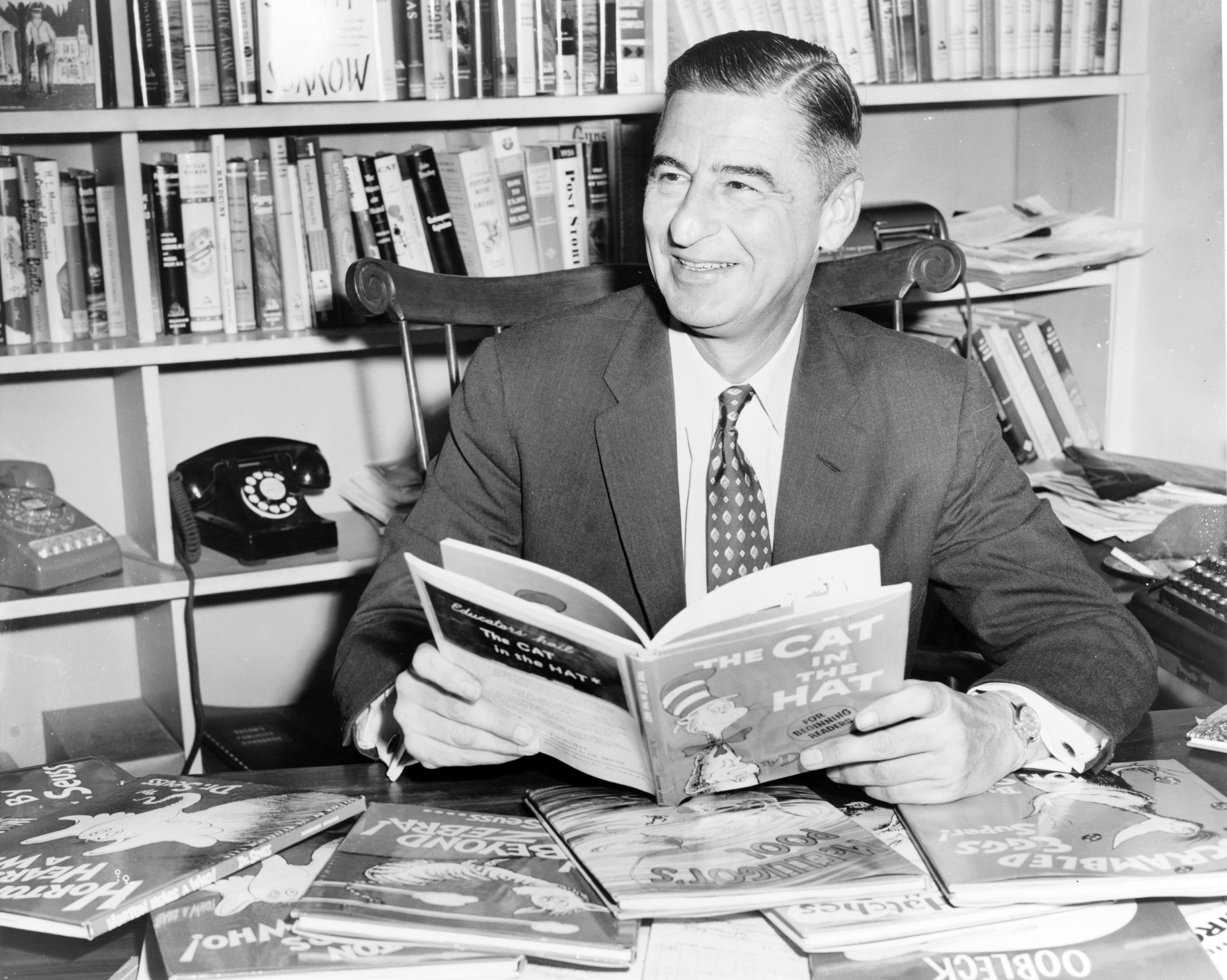
Born Theodor Seuss Geisel in 1904, Dr Seuss wrote and illustrated over 60 books during his lifetime. His popular children's books sold over 600 million copies and were translated into more than 20 languages while he was alive.
In 2021, Dr Seuss Enterprises announced publication of six of his books would cease. The decision was made following a thorough review of his material, by teachers, academics, and other experts. The books had been selected on account of their racist and insensitive portrayals of people of colour.
Those books no longer in publication consist of And to Think That I Saw It on Mulberry Street, The Cat's Quizzer, If I Ran the Zoo, McElligot’s Pool, On Beyond Zebra!, and Scrambled Eggs Super!
In And to Think That I Saw It on Mulberry Street and If I Ran the Zoo, Asian characters are depicted with bright yellow skin, slanted eyes, holding chopsticks and a bowl of rice. A further picture shows three Asian men carrying a white child who refers to them as "Helpers who all wear their eyes at a slant."
An extensive and widely cited body of research into Dr Seuss books found very few characters of colour in the stories, and those that did form part of the plot were written in a that perpetuated racism and stereotypes. He's also been criticised for a distinct lack of female characters in his work.
President Biden refused to mention Dr Seuss during the "Read Across America Day" proclamation speech in 2021, a day held in his honour. This led Fox News to run the headline "Biden erases Dr Seuss from 'Read Across America' proclamation as progressives seek to cancel beloved author."
6. Laura Ingalls Wilder
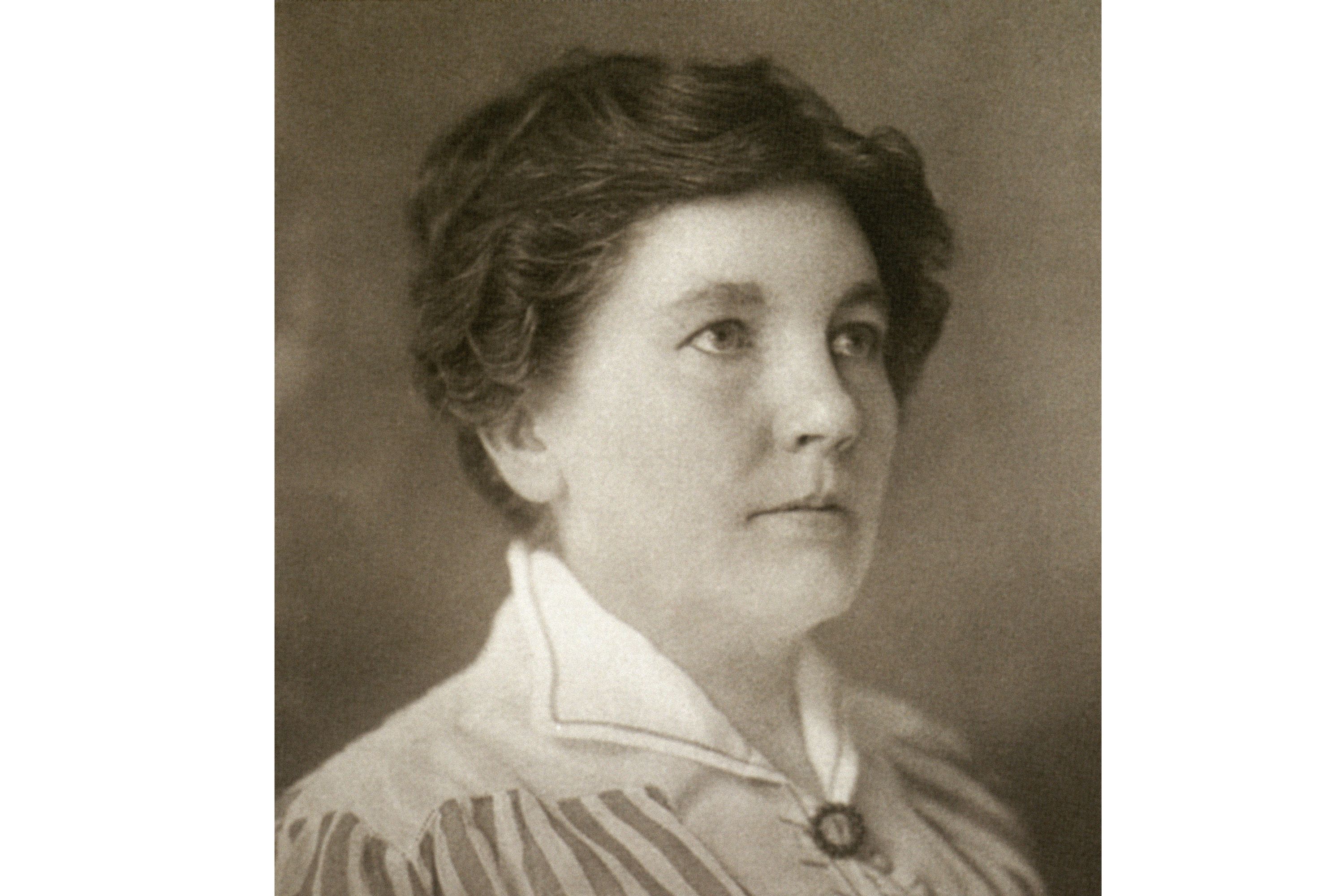
American author Laura Elizabeth Ingalls Wilder was best known for her The Little House on the Prairie series of children's books. These were published between 1932 and 1943, and based on her own childhood in a settler and pioneer family.
In 2018, NPR reported the American Library Association had voted to strip Laura Ingalls Wilder's name from a major children's literature award bearing her name. This was in relation to how her work referred to Native Americans and other people of colour.
The Laura Ingalls Wilder Award subsequently had its name altered to the Children's Literature Legacy Award. The association said in a statement at the time "The decision was made in consideration of the fact that Wilder's legacy, as represented by her body of work, includes expressions of stereotypical attitudes inconsistent with ALSC's core values of inclusiveness, integrity and respect, and responsiveness," having noted the "anti-Native and anti-Black sentiments" in Wilder's books.
Although some believe her books should be left as they are an used as an opportunity to tach children about racism, research points to the fact that children can form racial bias from as young as three - those biases often fixed by age seven.
By this time, it would be too late to reverse their prejudice and learning about the context surrounding Wilder's books. Teaching this would not have as much impact as having her racist intonations being removed altogether, before young children can read them.
7. L. Frank Baum
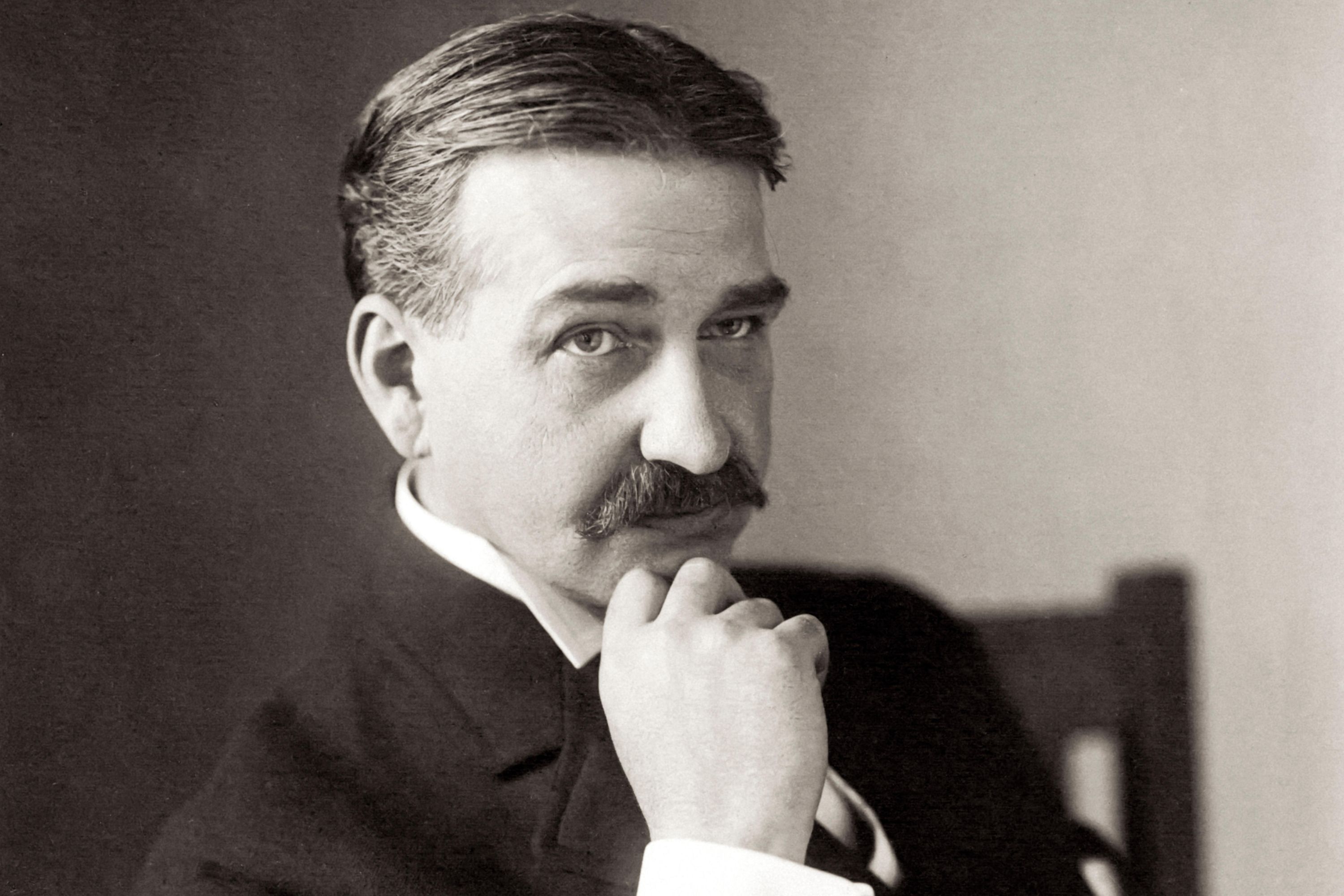
Although The Wizard of Oz movie is viewed as a classic and beloved by many, author L. Frank Baum is regarded as problematic for his views on Native Americans. Prior to writing the series of 14 Oz novels, Baum ran a newspaper in South Dakota during the 1890s.
Baum made his opinions of Native Americans very public, following the killing of Sitting Bull and the massacre at Wounded Knee. According to a report by NPR, the author then published editorials calling for killing each and every last Native American.
A snippet of his words read "The proud spirit of the original owners of these vast prairies inherited through centuries of fierce and bloody wars for their possession, lingered last in the bosom of Sitting Bull. With his fall the nobility of the Redskin is extinguished, and what few are left are a pack of whining curs who lick the hand that smites them.
"The Whites, by law of conquest, by justice of civilization, are masters of the American continent, and the best safety of the frontier settlements will be secured by the total annihilation of the few remaining Indians. Why not annihilation? Their glory has fled, their spirit broken, their manhood effaced; better that they die than live the miserable wretches that they are."
8. Hugh Lofting
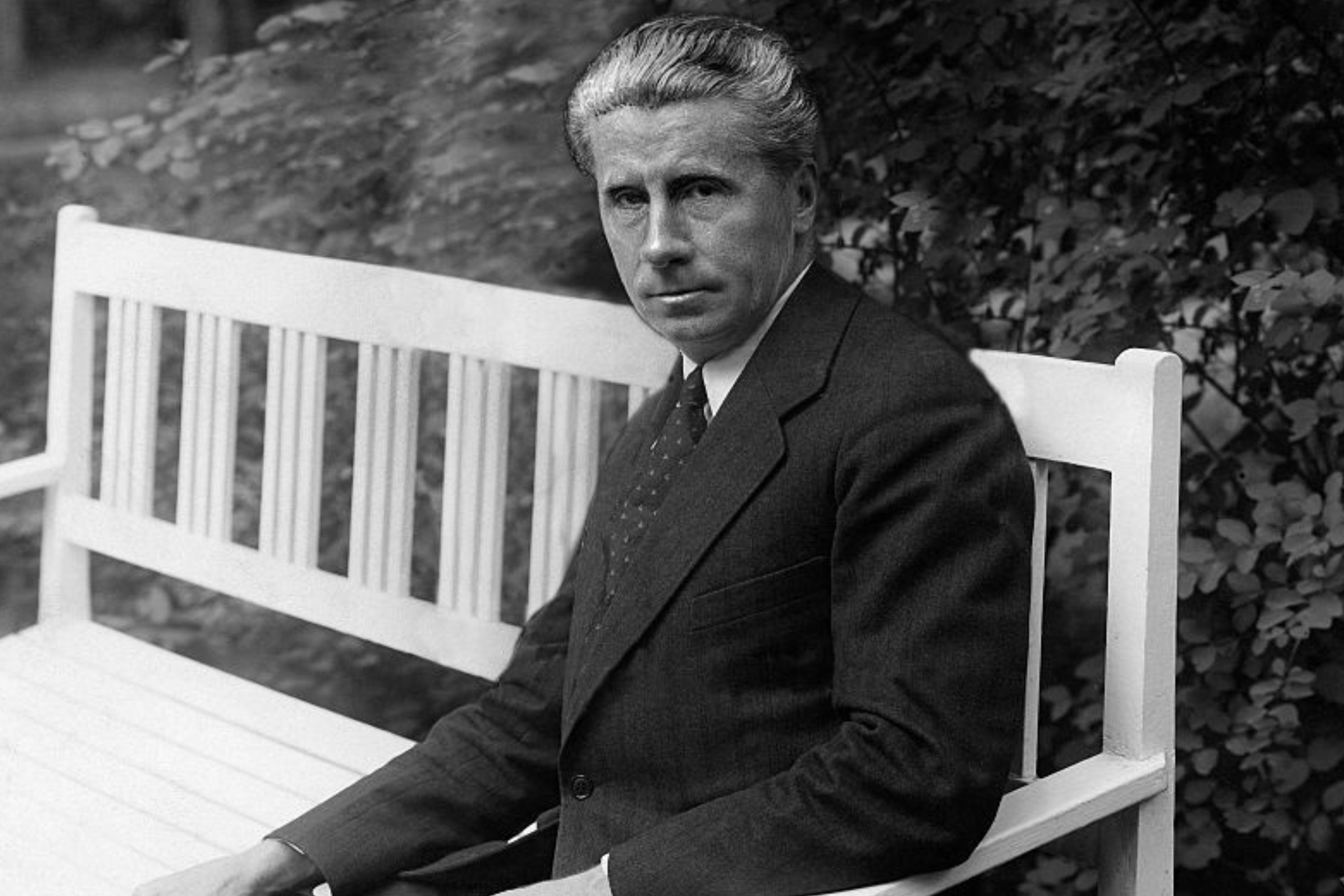
Hugh Lofting is responsible for creating the enduring character Doctor Dolittle, and the series of the classic books the man who could talk to animals was at the centre of.
While fighting in the First World War, Lofting didn't want to regale his children with the horrors of life in the trenches, instead writing and sending illustrated stories as a way of keeping in touch with them.
By the '60s and '70s, revised editions of the books appeared with derogatory language taken out, including the complete removal of a subplot involving a dark skinned character wishing to become lighter skinned. According to The Week, a 1986 an edition of the book published to commemorate Lofting's 100th birthday was censored at his son's request.
Christopher Lofting stated some of his father's texts featured "certain incidents depicted that, in light of today's sensitivities, were considered by some to be disrespectful to ethnic minorities and, therefore, perhaps inappropriate for today's young reader."
9. Mark Twain
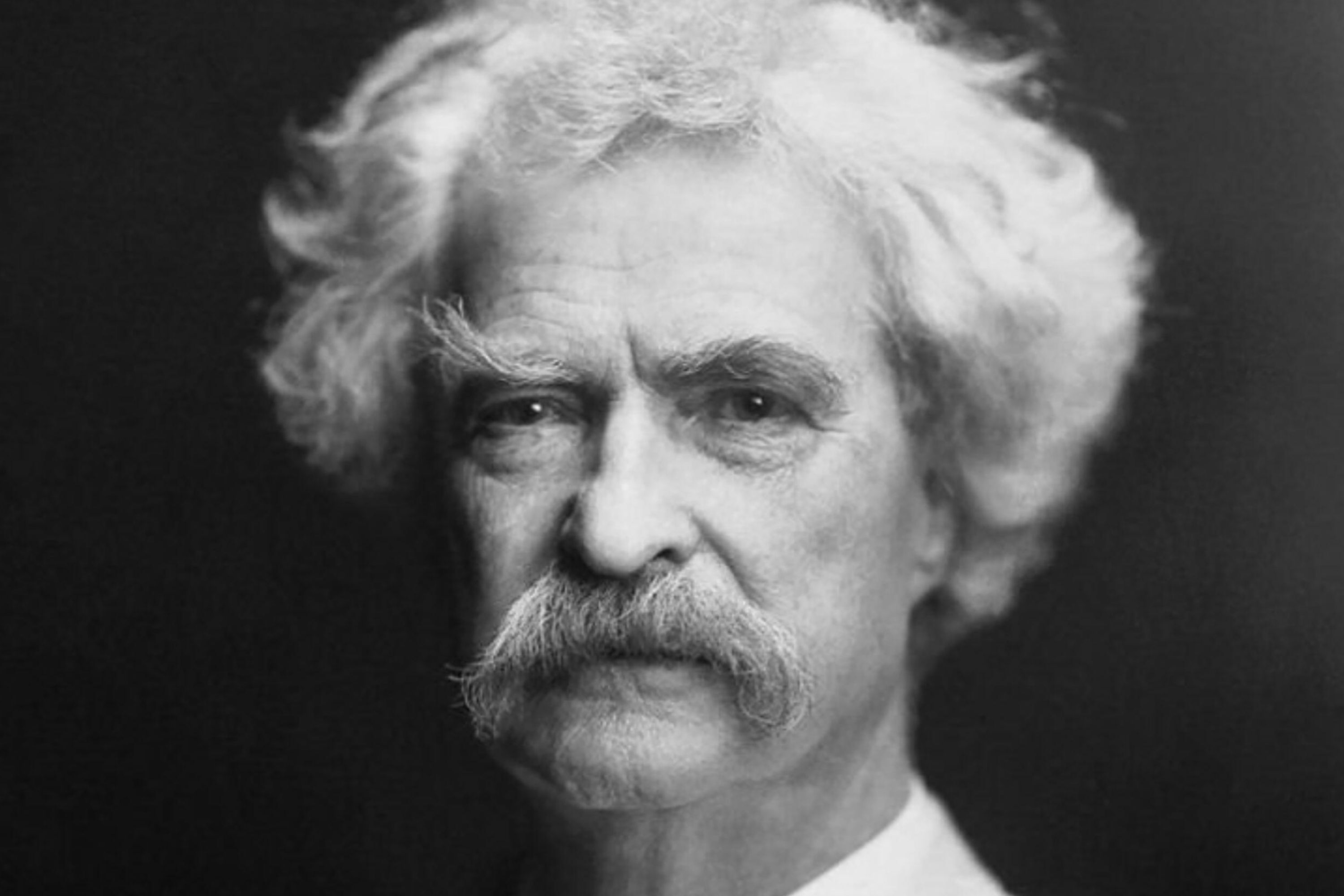
Mark Twain is largely remembered for penning Adventures of Tom Sawyer and Huckleberry Finn. The 'n-word' appears 219 times in the latter, along with the slur "injun." Once popular among school reading lists and set texts, Huckleberry Finn is now deemed unsuitable for schoolchildren, and the offensive terms have been replaced with "slave" and "Indian."
There have been arguments among experts that Twain was not a racist, and the words were being used ironically in what is essentially an anti-racism novel. Writing in the Guardian, Peter Messent wrote "Perhaps this is not a book for younger readers. Perhaps it is a book that needs careful handling by teachers at high school and even university level as they put it in its larger discursive context, explain how the irony works, and the enormous harm that racist language can do.
"But to tamper with the author's words because of the sensibilities of present-day readers is unacceptable. The minute you do this, the minute this stops being the book that Twain wrote."
10. JM Barrie
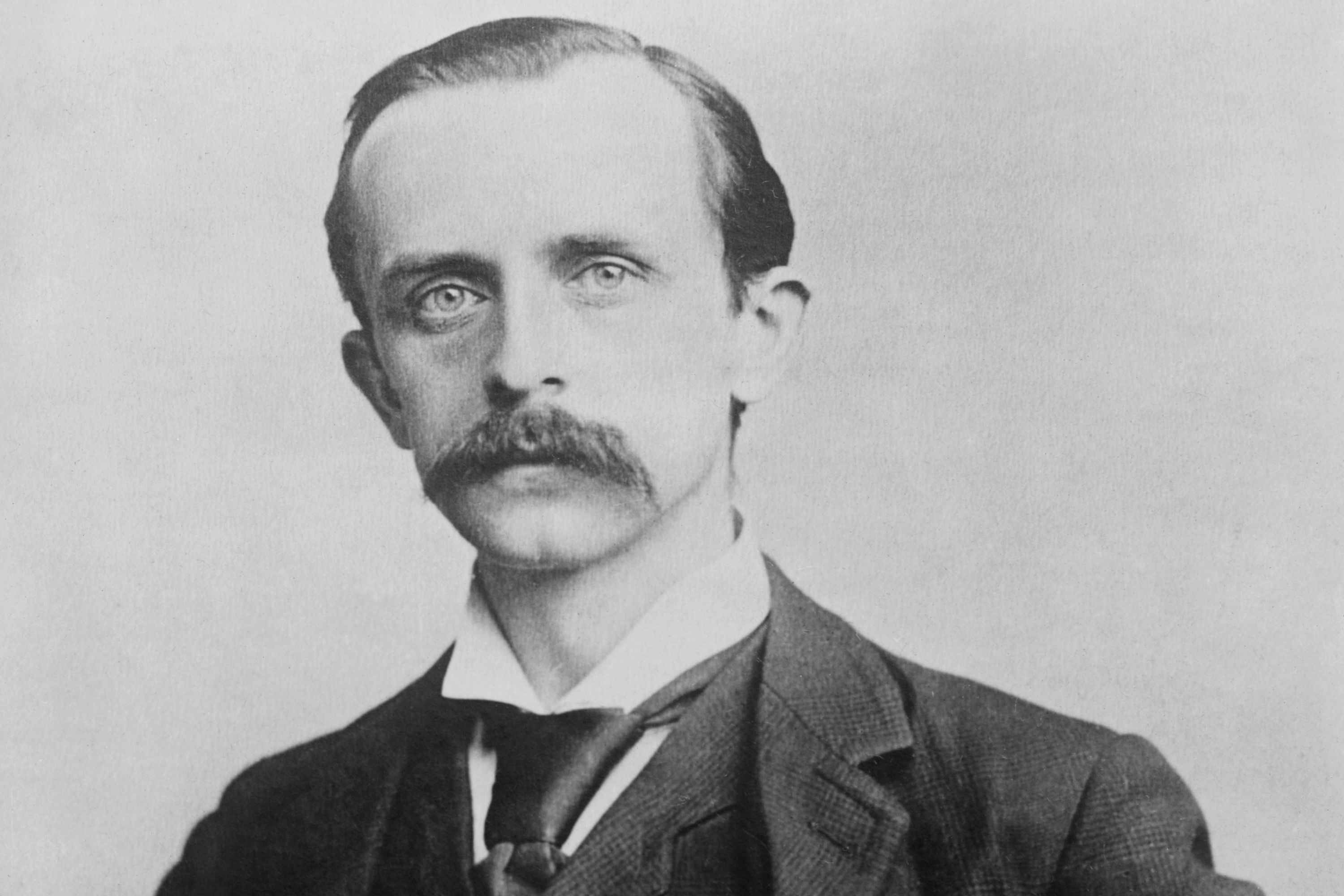
The first Peter Pan adaptation appeared as an American silent movie in 1924. Countless iterations and spinoffs have appeared since, and everyone is familiar with the boy who didn't grow up.
However, he wrote the character of Tiger Lily with clear racial stereotypes. Referred to as a princess of a "Piccaninny tribe," this term is a racial slur for African American and Aboriginal children. Her tribe are described to as "savages" and "redskins", and speak in broken English.
In 2023's Peter Pan & Wendy, the writers rewrote the part of Tiger Lily to omit the racism. This included incorporating aspects from the culture of indigenous actress Alyssa Wapanatâhk, who landed the role.
EW reports Wapanatâhk is a member of the Bigstone Cree First Nation tribe in Canada. Tiger Lily's costume and predominant use of the Cree language throughout the film were a collaborative way to portray the character in an authentic way.
"The second that I read the script I fell in love with it," said Wapanatâhk, adding "They gave me the reins on it, and they let me take that into my own hands. I felt very empowered to have that responsibility, to be able to do that."
She added "I worked with my grandmother, and of course, a cultural consultant, Dr. Kevin Lewis. I brought all these different things to it to make sure I took care of it because it's huge to take on a character like Tiger Lily and make her into a beautiful, bold character that is telling a story of her own."
11. Ted Hughes
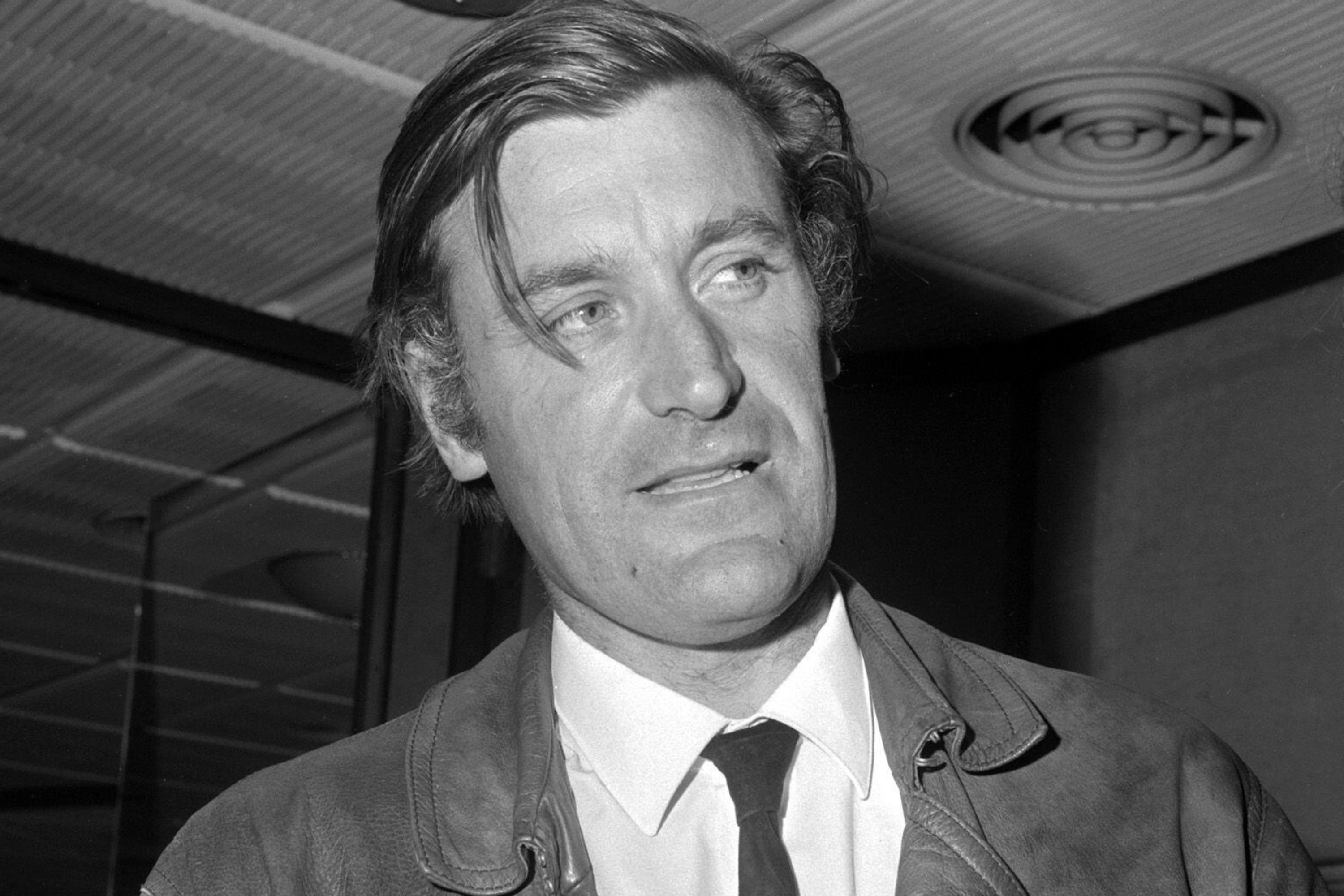
Although no controversy was found in his books and poems, it was Ted Hughes' personal life that led to calls for him to be cancelled. His first wife Sylvia Plath died by suicide in 1963, at the age of 30. She had suffered bouts of depression in adulthood, and uncovered Hughes had been having an affair before they separated.
Years later, private correspondence between Plath and her therapist was uncovered, with Plath accusing Hughes of being physically and emotionally abusive towards her. It's alleged she suggested he'd assaulted her days before she miscarried their second child, and emotionally abused her by wishing her dead.
However, the Hughes estate vehemently deny the allegations, asking the Guardian to make an amendment to their reporting of the so-called issues. The statement they requested read "The claims allegedly made by Sylvia Plath in unpublished letters to her former psychiatrist, suggesting that she was beaten by her husband, Ted Hughes, days before she miscarried their second child are as absurd as they are shocking to anyone who knew Ted well."
For more on children's literature, we've looked at the best books for toddlers, and the top bedtime stories for children of all ages. If your child is struggling, we've outlined the best books about bullying for children and parents.

Grace Walsh is a health and wellbeing writer, working across the subjects of family, relationships, and LGBT topics, as well as sleep and mental health. A digital journalist with over six years experience as a writer and editor for UK publications, Grace is currently Health Editor for womanandhome.com and has also worked with Cosmopolitan, Red, The i Paper, GoodtoKnow, and more. After graduating from the University of Warwick, she started her career writing about the complexities of sex and relationships, before combining personal hobbies with professional and writing about fitness.
- Ellie HutchingsFamily News Editor